NEWS AND HIGHLIGHTS
Meeting the Titans in Medical Sciences
Prof. David Ho and Prof. Dennis Lo, two pioneers in medical sciences, appeared on stage together for the first time in an HLMA Public Talk titled “From Lab to Life: How Science Rewrites the World”.In addition to four decades of dedicated HIV AIDS research, Prof. Ho, Director of the Aaron Diamond AIDS Research Center of Columbia University, and his team are working with other institutions to set up a research alliance to better prepare for the next pandemic. Prof. Ho inspired the audience with his insights on passion and curiosity, stating, “You [should] pursue something that you are passionate about, [or else] you will not be dedicated. Be strategic and focus on the ones that are on the critical path in your project. The most important thing is to stay curious. If you are curious, you will never stop learning.”
Meanwhile, Prof. Lo, known as the “Father of Non-invasive Prenatal Testing” and Director of the Li Ka Shing Institute of Health Sciences of The Chinese University of Hong Kong, is working on the fragmentation of DNA to detect different types of cancer and disorders. Prof. Lo expressed the profound gratification of being a medical scientist, sharing, “[As] a scientist, one is offered a very precious chance to be the first one to see something and discover something. If you are a medical scientist, you might discover or invent something that can benefit millions of people every year. That alone makes it worthwhile.”
Going forward, both professors agreed neuroscience is one of the most promising among the frontier technologies. Neuroscience research on conditions such as Alzheimer’s disease and ageing can totally transform human lives. Building a good foundation in mathematics is the first step to grooming a science mind, a pre-requisite to excellence in neuroscience.
The session, moderated by Prof. Stephanie Ma, Assistant Dean of Innovation and Technology Transfer in the Li Ka Shing Faculty of Medicine of The University of Hong Kong, provided a glimpse into the minds of these innovators as they reflected on their journeys through research and technology commercialization.
The event drew an enthusiastic crowd of over 300 participants, of which a third were secondary school students and teachers, including HLMA winners and representatives from winning schools.
Watch the full video of the public talk for more.
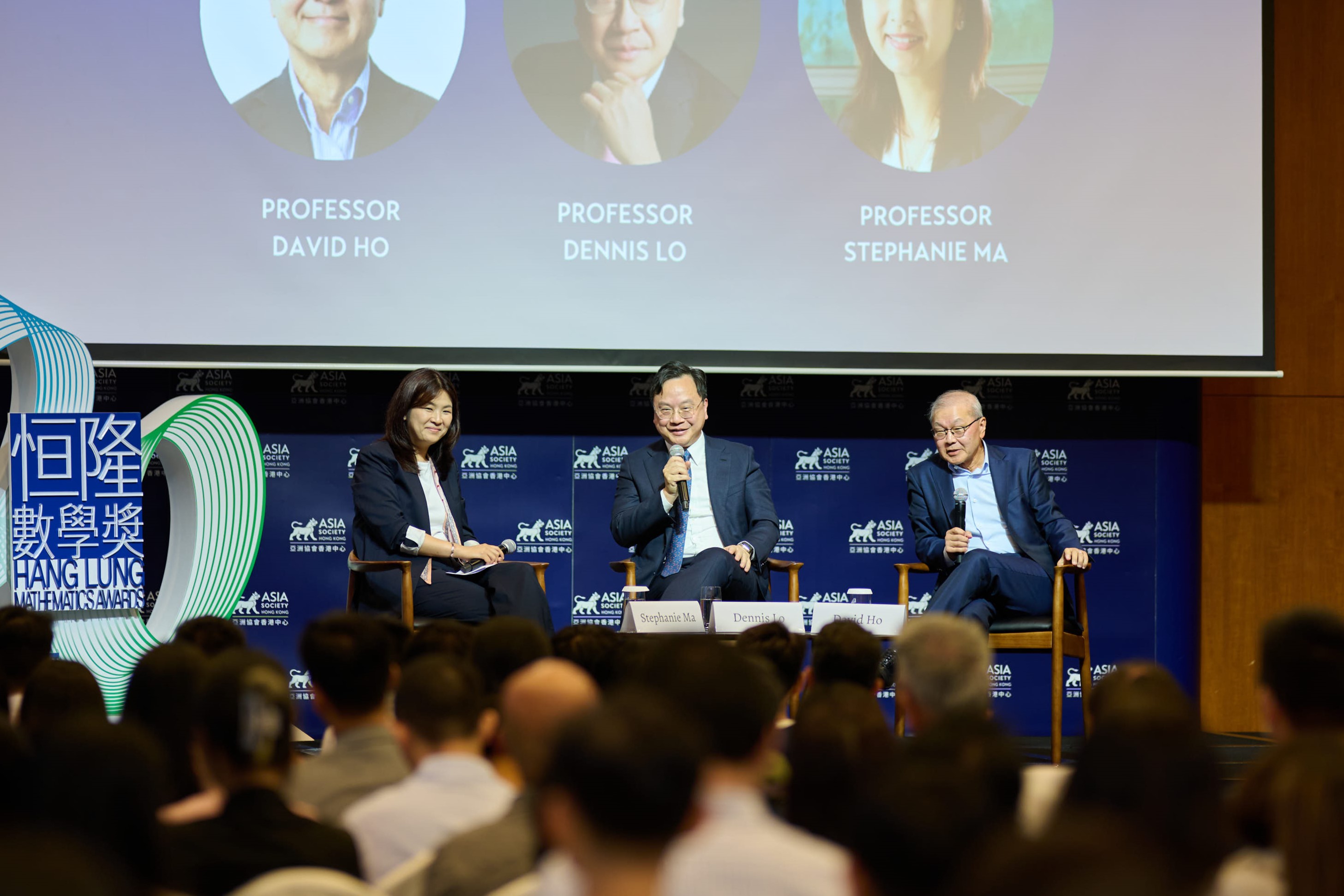
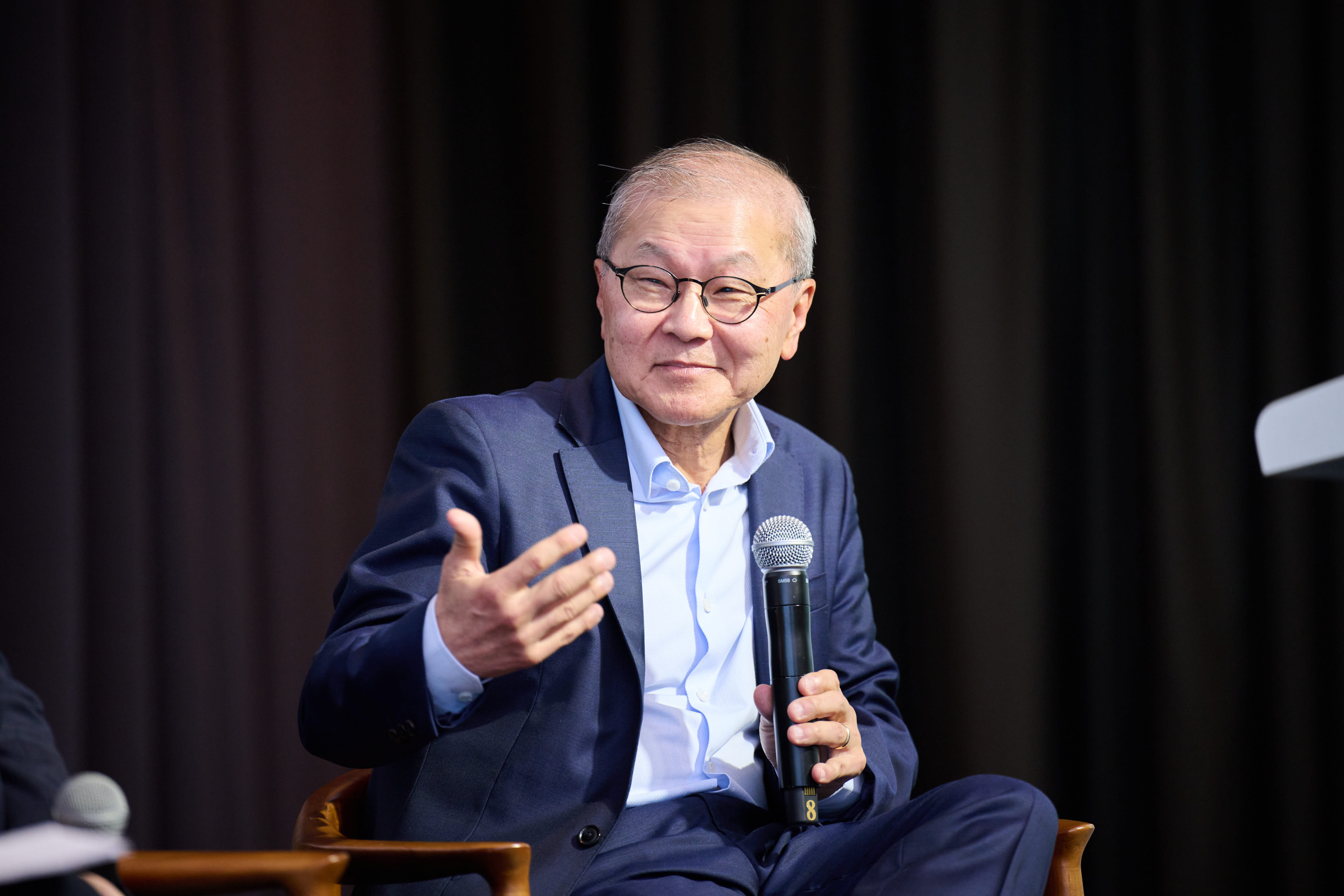
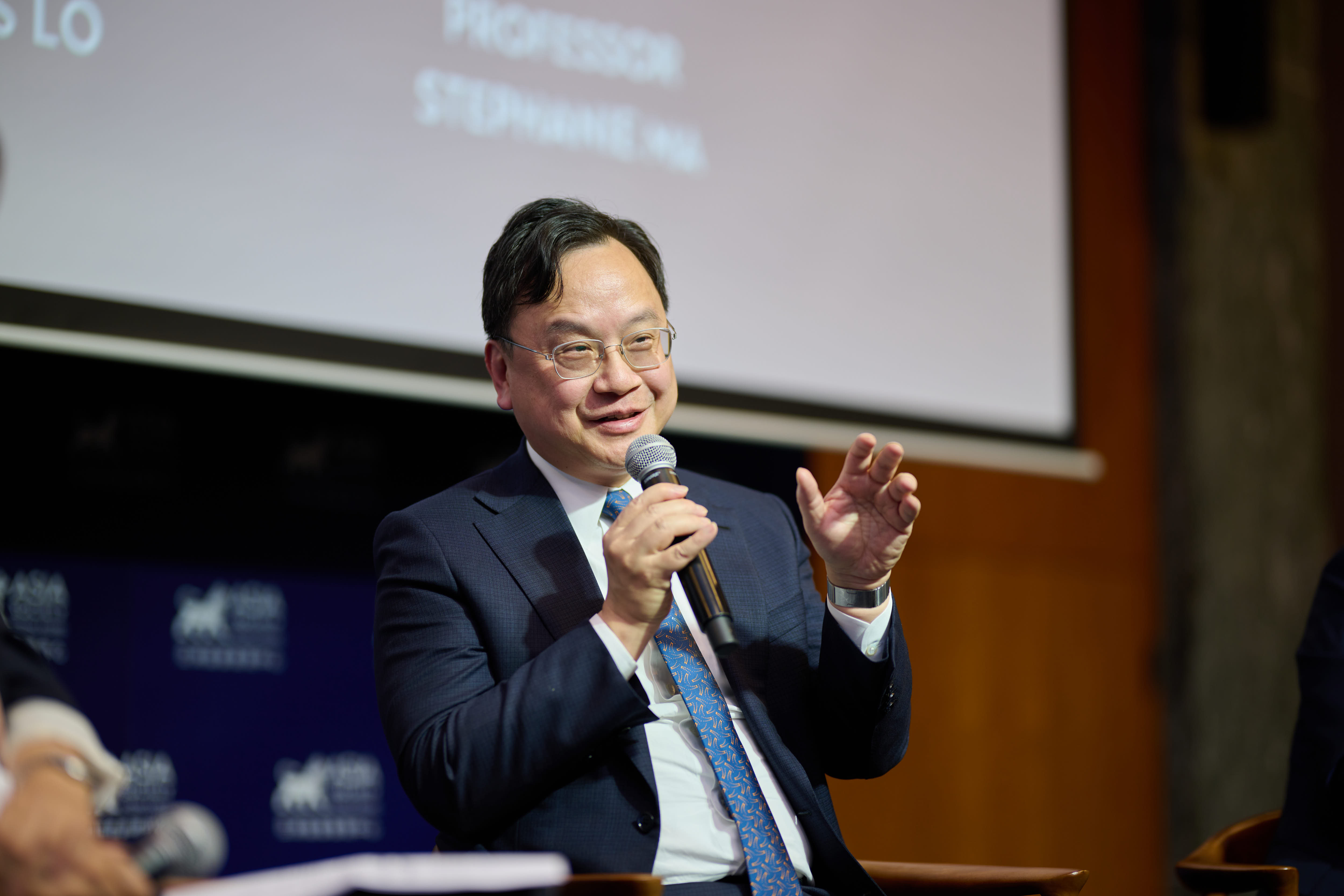
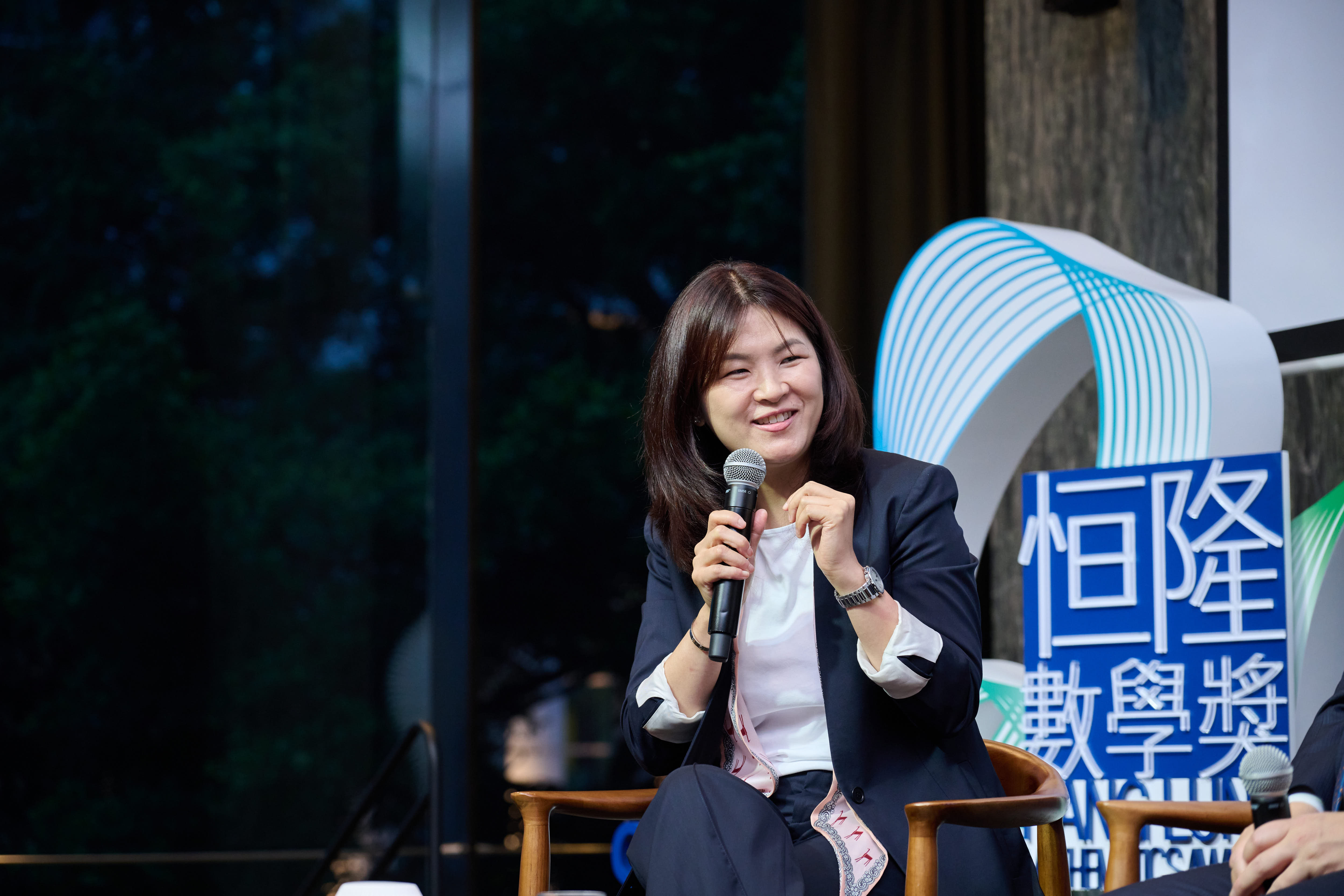
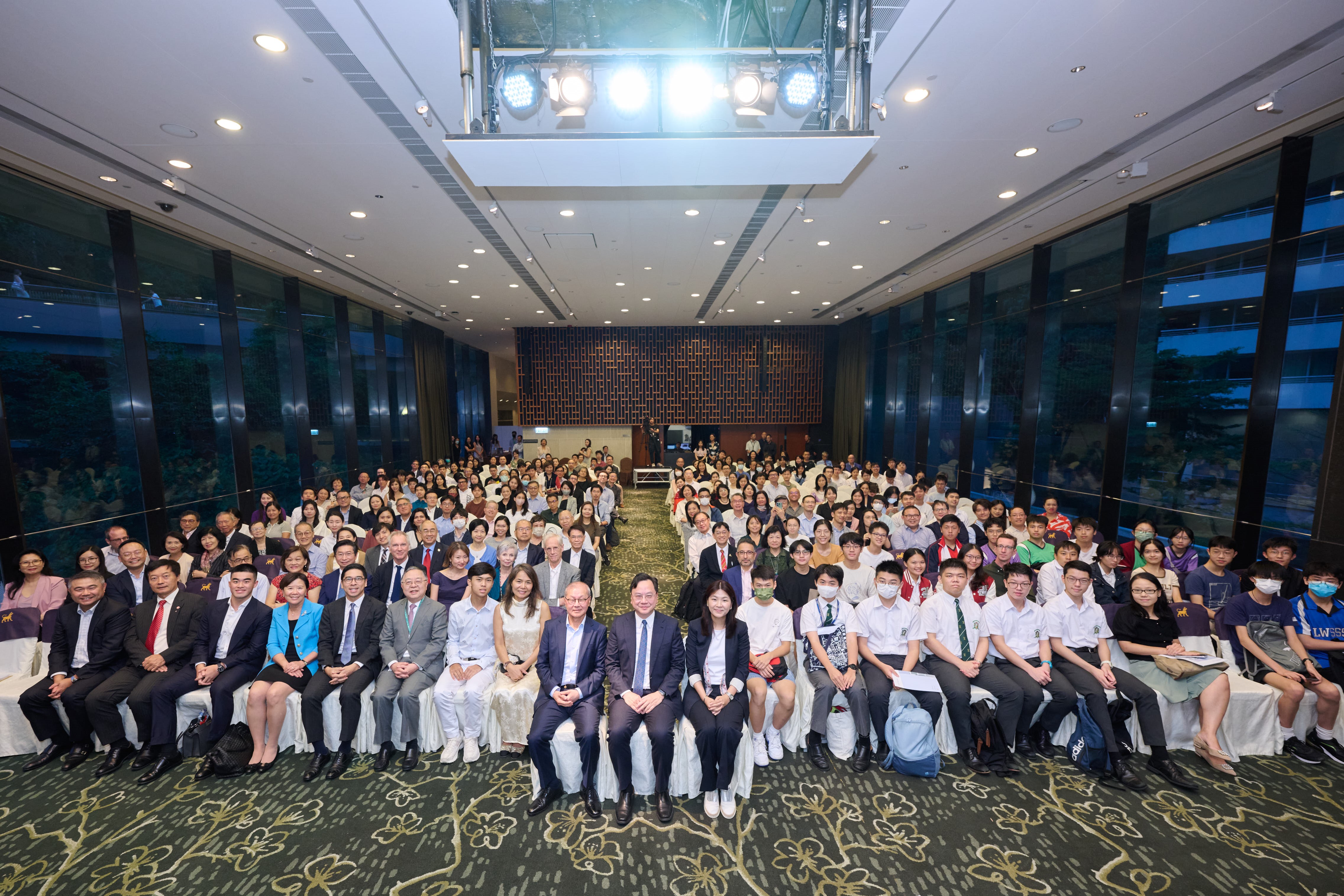
Copied to clipboard



